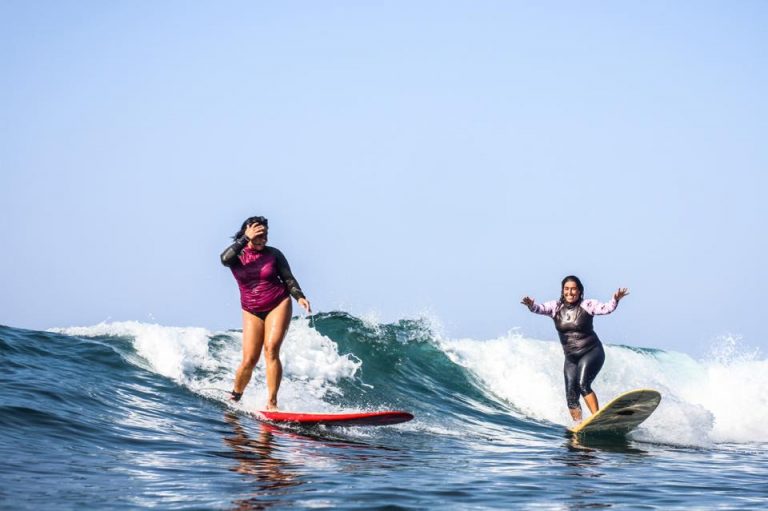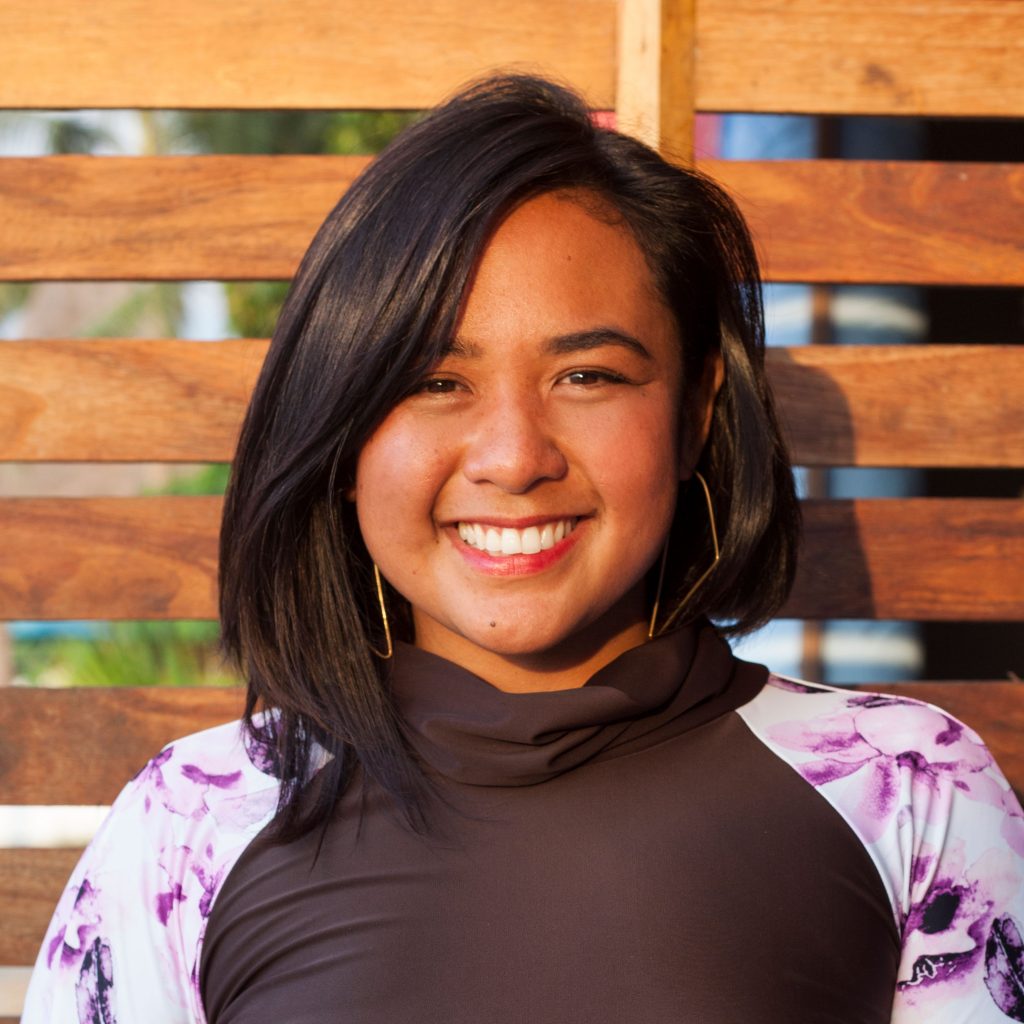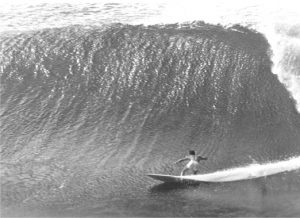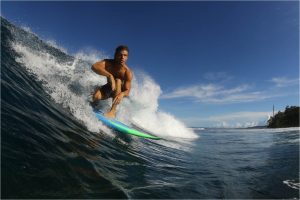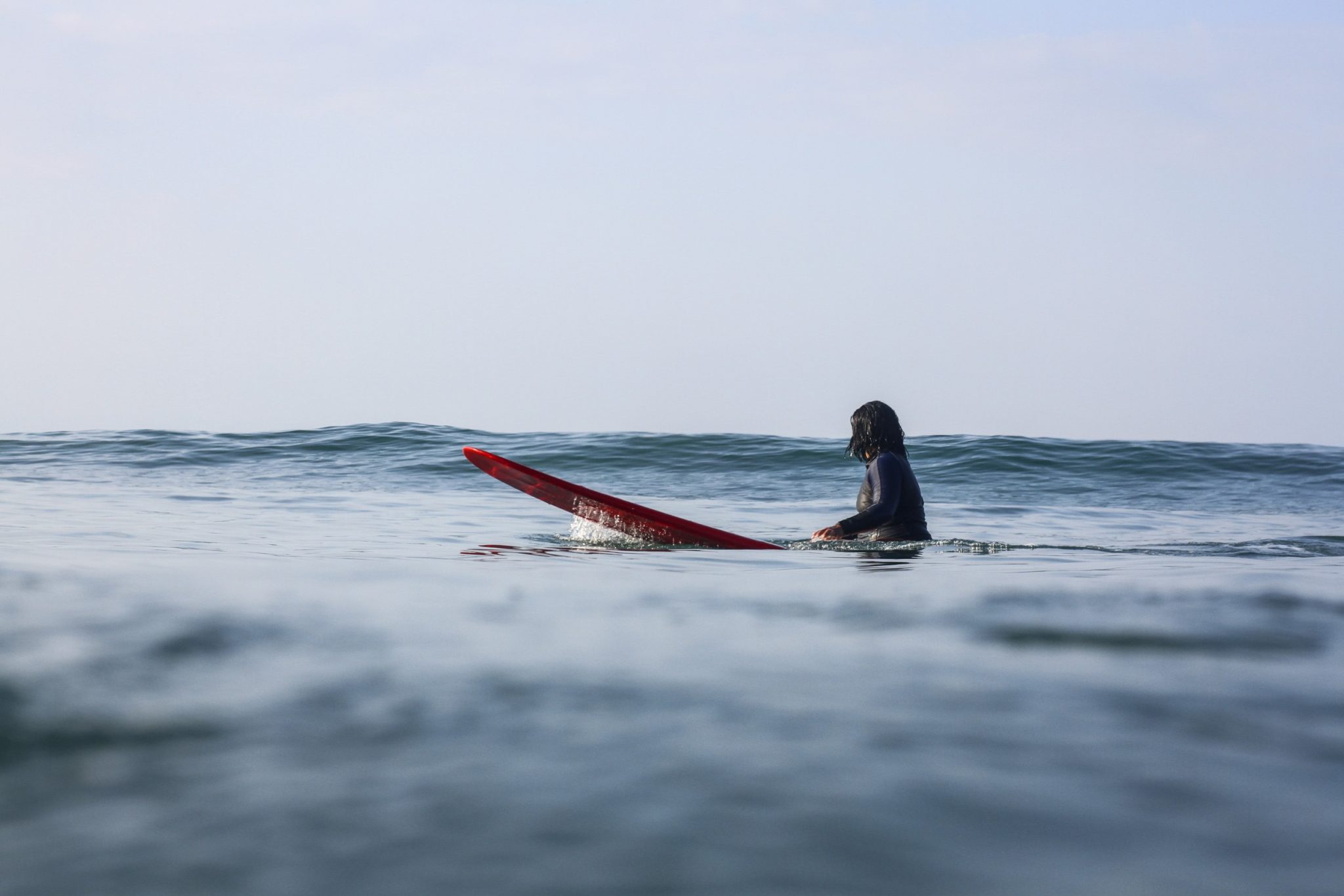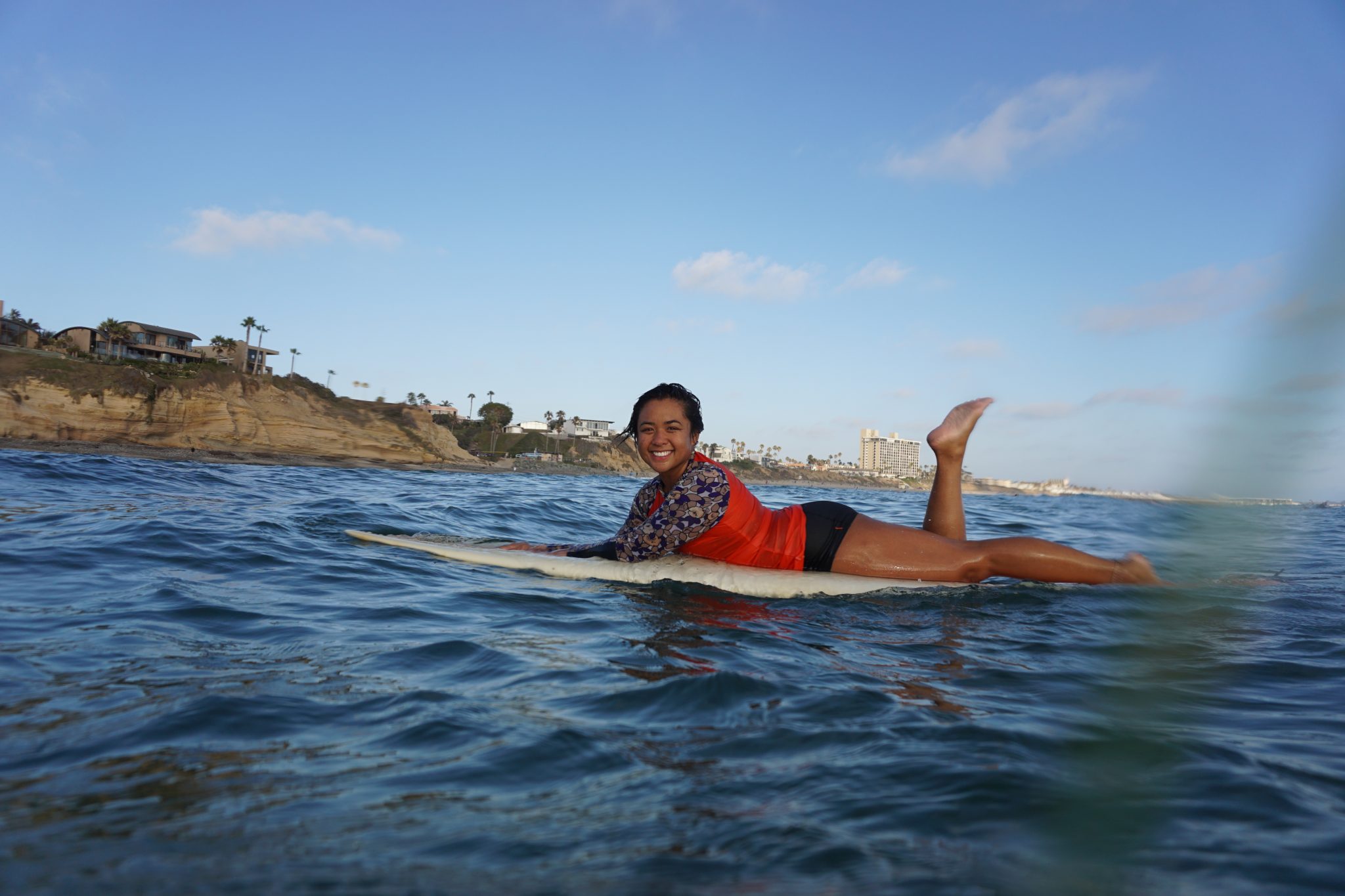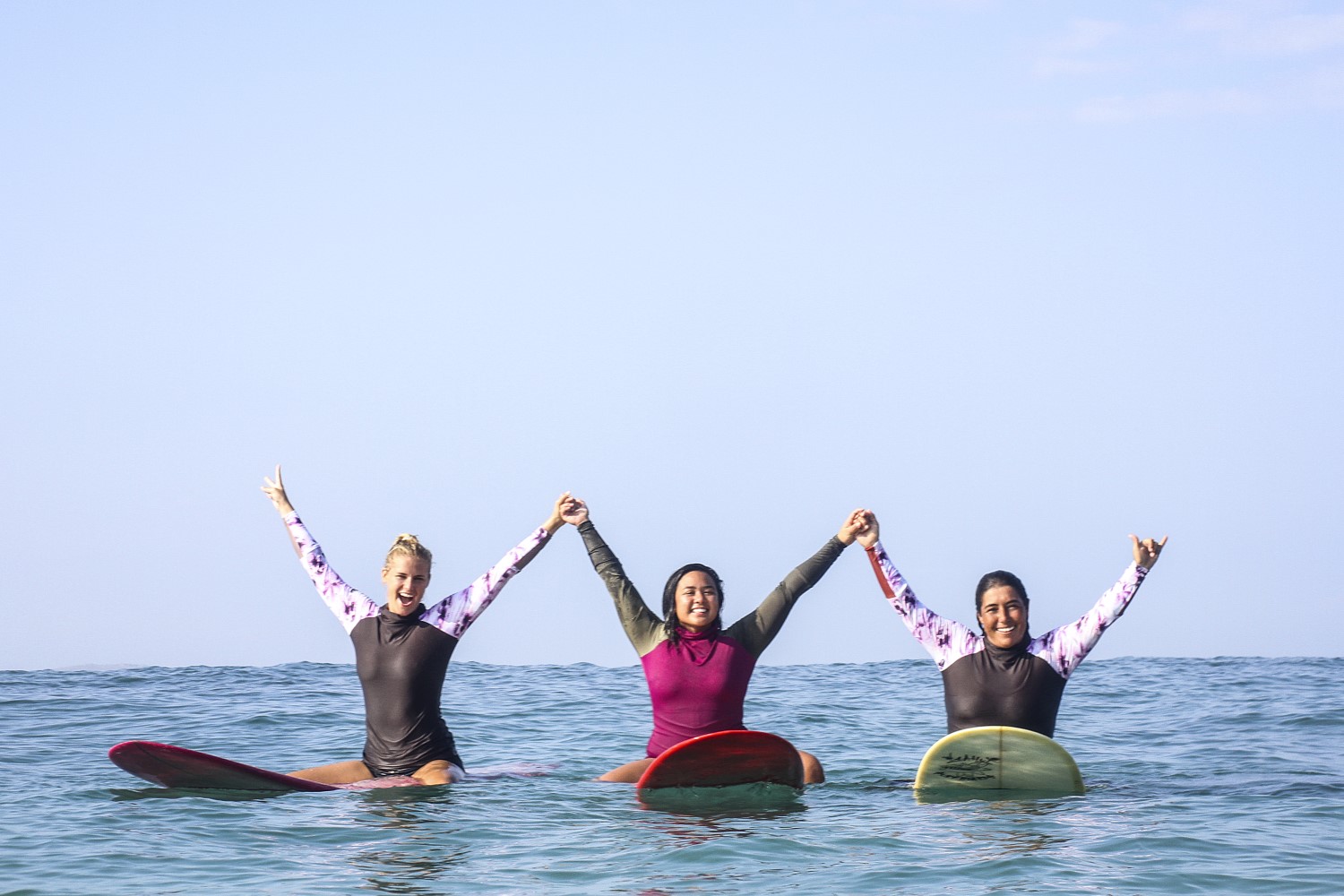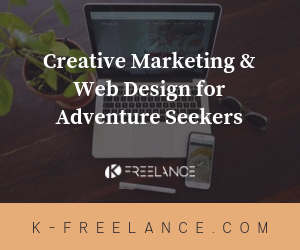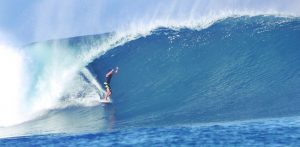
Episode 37: Meet Coach Dris- Life/Performance/Mindset Coach, Forbes Coach Council Member and Radical Surfer
Dris Mi, popularly known as “Coach Dris”, has worked with international clients- athletes and entrepreneurs alike, around mindset and development. He is keen in helping ‘ambitious’ ones to do more and be more. Dris also hosts his podcast, The Mindset & Performance Podcast, which aims to underline the type of mindset behind successful people.

